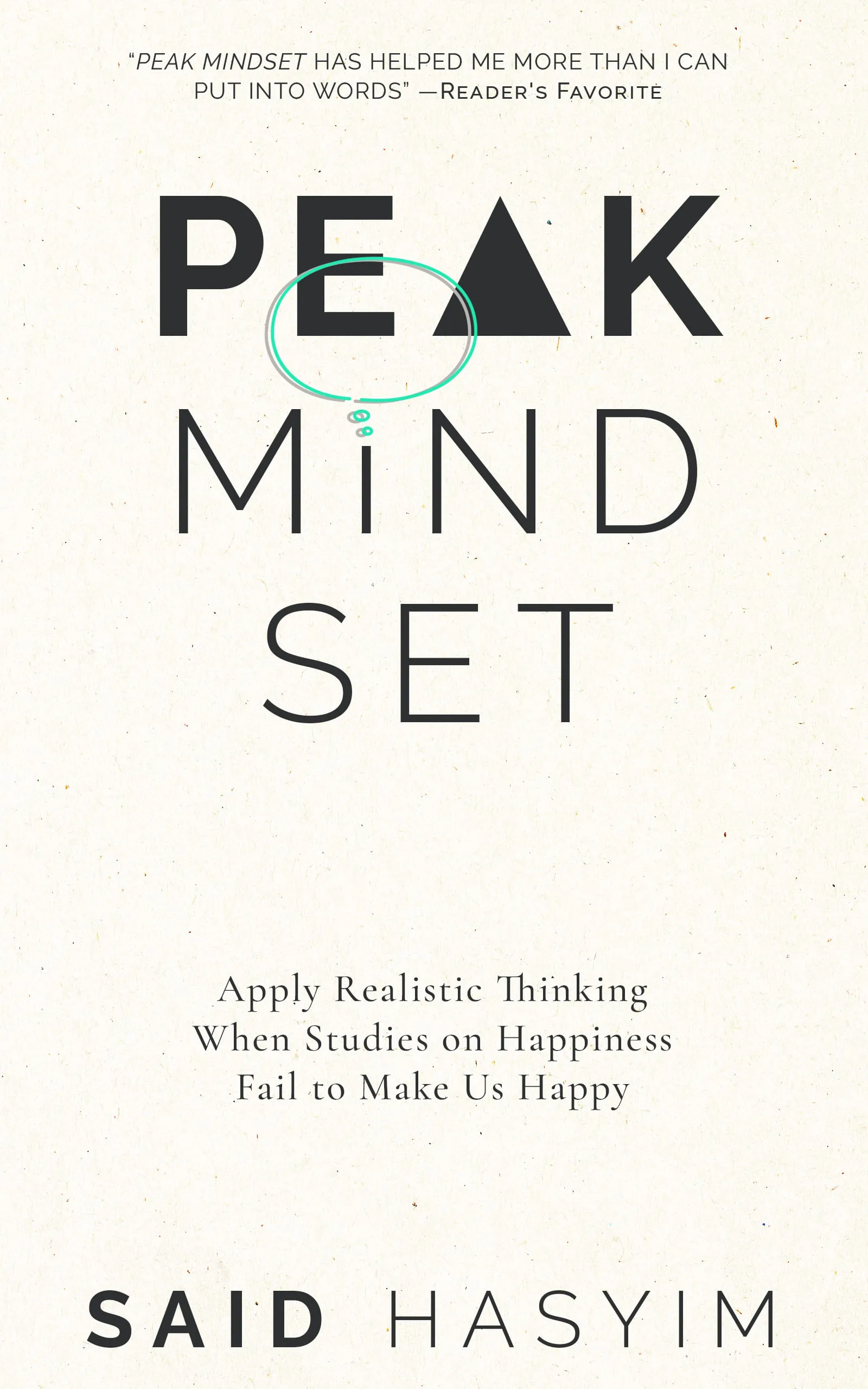Emotional Barriers to Achieving Peak Mindset
Achieving a peak mindset—one characterized by clarity, focus, resilience, and heightened performance—can be a transformative goal for many. However, numerous emotional barriers can hinder individuals from reaching this state of mental clarity and optimal functioning. Understanding these barriers is the first step toward overcoming them. In this blog post, we will delve deep into the emotional barriers that can obstruct our path to a peak mindset and discuss strategies to overcome them.
Understanding Peak Mindset
Before we explore emotional barriers, it’s essential to understand what a peak mindset is. A peak mindset is a state of mental readiness and concentration that allows individuals to perform at their best, whether in professional settings or personal pursuits. It's marked by:
- Clarity of Thought: Individuals know what they want and focus on how to achieve it.
- Emotional Regulation: They can manage their emotions, responding to challenges with resilience rather than panic.
- Motivation: An innate drive fuels their actions, pushing them to excel.
- Growth Orientation: A commitment to continuous learning and improvement.
Achieving this state often involves overcoming hurdles, many of which are rooted in our emotional landscape.
Common Emotional Barriers
1. Fear of Failure
One of the most significant barriers to achieving a peak mindset is the fear of failure. This fear can be crippling and often stems from past experiences or societal pressures. When individuals are excessively fearful of making mistakes, they may avoid taking necessary risks, stymying their growth.
Overcoming Fear of Failure:
- Reframe Your Perspective: View failure not as a dead-end but as an opportunity for growth. Every failure provides valuable lessons.
- Set Smaller Goals: Break down larger goals into more manageable tasks that reduce the pressure of potential failure.
- Visualize Success: Use visualization techniques to picture not just the end goal but the steps leading up to success.
2. Limiting Beliefs
Limiting beliefs often act as unseen barriers, reinforcing negative self-perceptions that can prevent individuals from achieving their best. Thoughts like “I’m not good enough” or “I don’t have the talent” can significantly impact motivation and performance.
Overcoming Limiting Beliefs:
- Identify Your Beliefs: Take time to recognize your negative beliefs. Journaling can be a helpful tool.
- Challenge Your Beliefs: Question their validity by looking for evidence that supports a more empowering belief.
- Replace with Positive Affirmations: Develop affirmations that promote growth and a positive self-image.
3. Low Self-Esteem
Low self-esteem can drastically affect our mindset and capabilities. Individuals with low self-esteem may doubt their abilities, leading to indecision and a lack of motivation, both of which impede performance.
Overcoming Low Self-Esteem:
- Practice Self-Compassion: Treat yourself with kindness; recognize that everyone has imperfections and makes mistakes.
- Celebrate Small Wins: Acknowledge even minor achievements to build a sense of accomplishment and confidence.
- Seek Support: Sometimes, discussing your feelings with trusted friends or professionals can illuminate the path to improving self-esteem.
4. Anxiety and Stress
Anxiety and stress can cloud judgment and hinder clear thinking. When overwhelmed by worry or pressure, individuals may struggle to tap into their peak mindset, leading to subpar performance.
Overcoming Anxiety and Stress:
- Mindfulness Practices: Techniques such as meditation, yoga, and deep-breathing exercises can help ground you and alleviate anxiety.
- Time Management: Organizing tasks and setting priorities can reduce feelings of being overwhelmed, allowing for a more focused approach.
- Seek Professional Help: If anxiety becomes debilitating, consulting a mental health professional can provide tailored strategies to cope.
5. Emotional Exhaustion
In today’s fast-paced world, emotional exhaustion is all too common. When individuals feel drained from constant emotional labor, their ability to think clearly and perform at their best diminishes.
Overcoming Emotional Exhaustion:
- Establish Boundaries: Learn to say no to tasks or commitments that drain your emotional energy.
- Make Time for Self-Care: Incorporate activities that nourish your emotional health, such as hobbies, exercise, and social connections.
- Reconnect with Your Purpose: Reflect on your values and goals to reignite your passion and motivation.
Cultivating a Peak Mindset
To cultivate a peak mindset, it's essential to address and work through these emotional barriers. Here’s how:
1. Emotional Awareness
Recognizing your emotions and understanding their impact on your behavior is crucial. When you can name your feelings and identify the triggers behind them, you can begin to manage them constructively.
2. Building Resilience
Resilience is the ability to bounce back from setbacks. Cultivating resilience involves maintaining a positive outlook, being adaptable, and learning from experiences. Building this muscle can vastly improve one’s ability to face challenges head-on, thereby facilitating a peak mindset.
3. Continuous Learning
Commitment to personal and professional growth can mitigate emotional barriers. Invest time in learning new skills, whether through formal education or self-directed study. This approach fosters a sense of competence and reduces limiting beliefs.
4. Foster Connections
Surround yourself with a supportive network. Engaging with others who uplift, challenge, and inspire you can create a nurturing environment for growth.
Conclusion
Emotional barriers can be formidable challenges on the path to achieving a peak mindset. However, with awareness and consistent effort, these barriers can be dismantled. By acknowledging fears, questioning limiting beliefs, nurturing self-esteem, managing stress, and promoting emotional health, individuals can pave the way toward enhanced performance and fulfillment.
Remember, achieving a peak mindset is not an overnight endeavor; it's a continual process of discovery and self-improvement. As you venture down this path, be patient and kind to yourself, recognizing that every step—no matter how small—is a step toward unlocking your full potential.
Leverage Your Mindset for a Fulfilling Life
Explore Peak Mindset, a book to leveraging your subconscious for a more fulfilling life. Gain insights into realistic thinking, money management, and stress resilience to make informed decisions. Discover pitfalls in conventional happiness advice and practical strategies for self-transformation. Unlock your potential and enhance your overall satisfaction.
